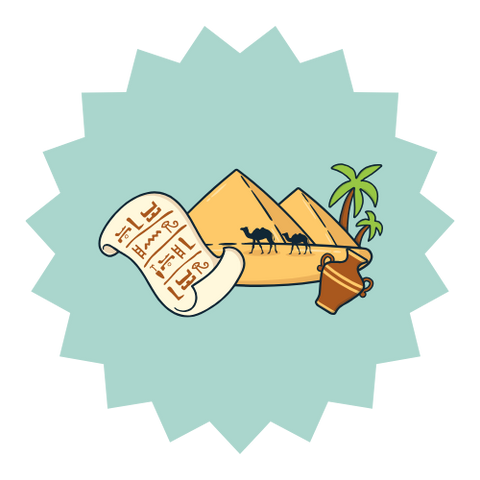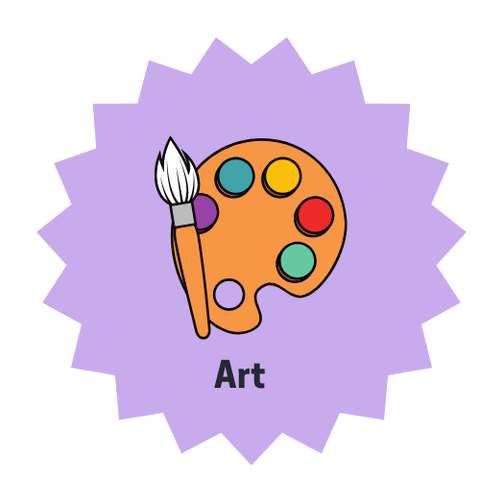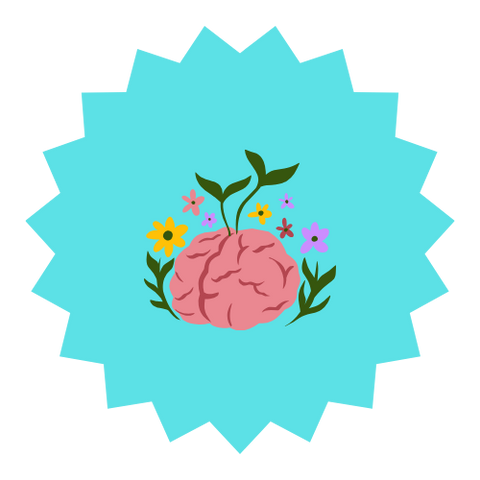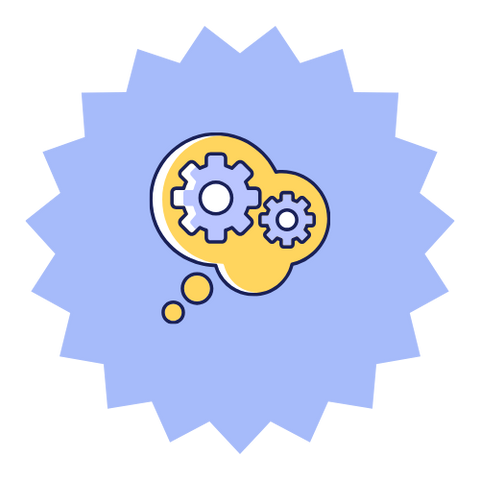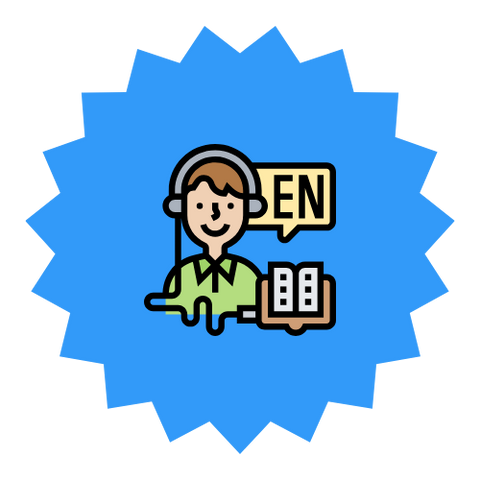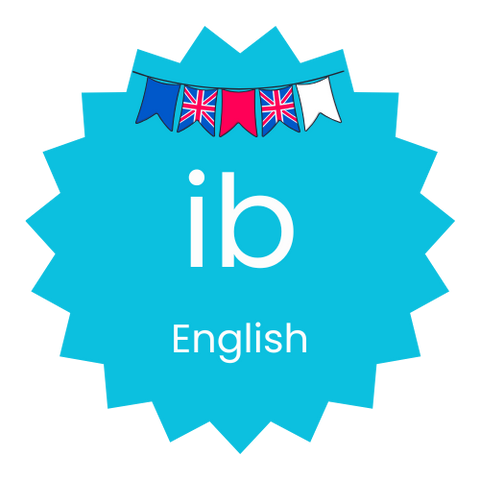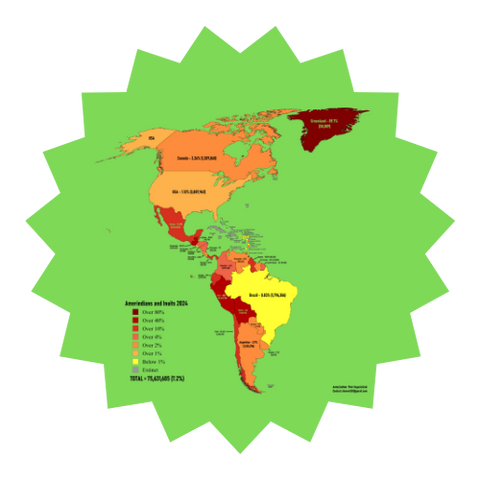Ruben
Ruben is a bilingual educator and communicator with a B.A. in Journalism and Public Relations from William Paterson University, an M.A. in Communications from Arizona State University, and ongoing graduate studies in Education. With five years of teaching and tutoring experience, he creates inclusive, student-centered environments that promote confidence and growth. Ruben specializes in English, writing, and social studies, supporting students with ADHD, dyslexia, and IEPs through patience and empathy. His own journey as an immigrant inspires his belief in education as a path to belonging. Outside teaching, he loves soccer and outdoor activities.
Monday 5:30pm - 8:30pm Pacific Time
Tuesday 5:30pm - 8:30pm Pacific Time
Wednesday 5:30pm - 8:30pm Pacific Time
Thursday 5:30pm - 8:30pm Pacific Time
Friday 5:30pm - 8:30pm Pacific Time
My approach is student-centered. I focus on creating a learning environment where students feel respected, comfortable, and supported. This is how they can reach they full potential.
Bachelors in Journalism & Public Relations - William Paterson University, NJ / Masters in Communications - Arizona State University, AZ / Currently getting a Master's in Education.
I have been working as an in-house sub and as a teacher for the past 5 years. These involves one-on-ones, tutoring, lesson planning, and parent teacher conferences, for instance.
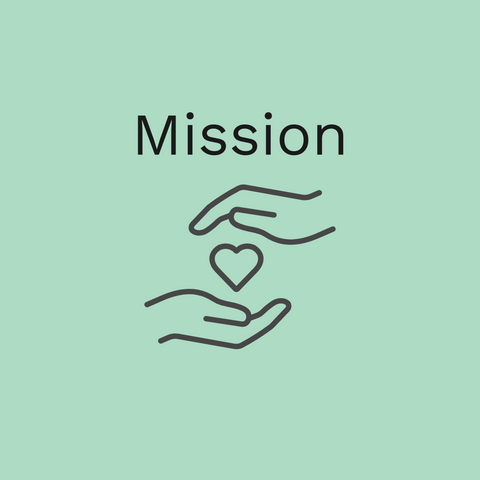
My mission
To guide students towards academic success with the help of values such as patience, charisma, empathy.
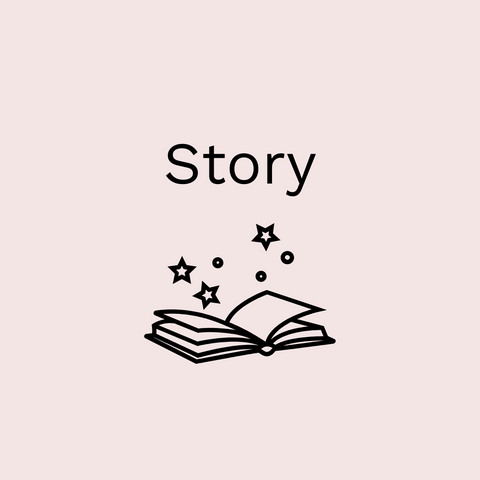
My Story
When I first moved to this country I remember struggling with my identity. The process of immigration changes you as a person because when you become an immigrant you turn into someone different. The fact that you left your country also means that you left a part of who you are behind. Now you are in a new territory that you must adapt by acquiring knowledge of this new culture or else you will not be able to become functional in its new society. This adaptation is easier for some, however others take a long time or never really get to fully adjust.
As a kid, I remember questioning myself how authentic I was, because I didn’t feel fully genuine; not totally American or Peruvian. I was stuck in (what I described as) an identity limbo, asking myself mainly where do I belong? Here or there? For many years I thought of Peru as my ‘home’ but I was so disconnected when I first went back to visit. Everything changed; streets, local stores, people, places, and I had to accept it. I did not recognize the place I thought was home, and although I spoke the language, I felt like an outcast.
Perhaps ‘home’ was the state of New Jersey with its freezing winter temperatures and extreme heat in the summertime. I spoke the language, however it was still difficult to open up; to understand the slang, even to have a regular conversation with kids my age. The feeling of being an outcast was there once again, so I decided to keep to myself during my high school years.
My father played an important role during this time and could see where I was standing. He told me something like if I want to find my true self I must know my own story and make sense of my past. I did not know much about Peru, I was starting to forget about my Peruvian roots because that’s what happens if you don’t keep up. Luckily my dad was there to help me reestablish the bond with my home country.
His strategy was short lectures about Peruvian history everytime we were together. However his way of telling these stories, both hysterical and sometimes dark, always kept me at the edge of my seat. A walk to the store would turn into interesting facts about the Inca Civilization or why Andean music sounds the way it does.
Dad also reminded me that I was on American soil, that not everyone has the chance to be in the land of the free where, that this great nation gives you the opportunity to follow your dreams and I can be whoever I want to be. Nonetheless he gave special importance to school, that the only way to do so was through education and this will help me fulfill the search for my identity.
Eventually I changed my attitude towards school, got involved in several activities, got to meet people and all these interactions helped me improve my english skills. Slowly I started to feel like I belonged somewhere.
After high school I got a job as a server at a chain restaurant in Paramus, NJ, a few miles from Bergen Community College, my new school. I was still undecided about my career and opted to take the general studies path in which I found a special interest in Radio Production. For one of the many projects we had to create a radio morning show and I realized how much I enjoyed writing down all my ideas in a piece of paper to eventually turn them into a ten minute radio broadcast that included the news, weather and traffic. In Speech Communication class I learned how wrong I was pronouncing several words. It helped me to become a better communicator and the projects were as interesting as the ones in Radio Production.
At this point I knew which path I wanted to take so I joined the Communication program for my bachelors at William Paterson University. There I met great professors that guided me in the process of becoming a professional communicator. I was still fascinated by the different classes such as Media Ethics and Law in which we had to analyze different case studies and how it was handled by the media. I was thankful to be learning so much every day in class.
After graduation I had the opportunity to continue my education with a Master's degree from Arizona State University and starting my path as an English teacher. My father was the person who inspired me because even though he does not hold a teaching title he has been my teacher in life, my mentor. I want to positively affect the life of others and give my students the best education possible so they can reach their professional goals. Besides offering guidance in writing and studying I could also get to know them and share my advice in life since at that age students face a lot of challenges, just like I did. I want to be the educator that they deserve.
Cognitive Diversity
How I adapt to students with diverse intellectual needs.First I have to understand every student; their challenges, strengths, interests, etc. Everyone is able to learn if we meet their needs.
Currently working with several IEP students, including anxiety, ADD, and ADHD



